Cat Hyperthyroidism is a pretty common disease within cats, predominantly in middle-aged or older ones. It tends to increase due to the production of thyroid hormones through an enlarged gland in the cat’s neck.
This enlargement is usually caused due to a non-cancerous tumor which is termed the adenoma. Hyperthyroidism is also known as thyrotoxicosis.
What is Cat Hyperthyroidism Caused by?
It is important to understand that the cause of Cat Hyperthyroidism isn’t known. Most of the rare cases of Cat Hyperthyroidism were caused by malignant tumors, also referred to as thyroid adenocarcinomas.
Still, there is a possibility that the contributing factors include deficiencies along with an excess of toxic food in everyday diet. Chronic exposure to the thyroid disrupting chemicals might lead to this as well.
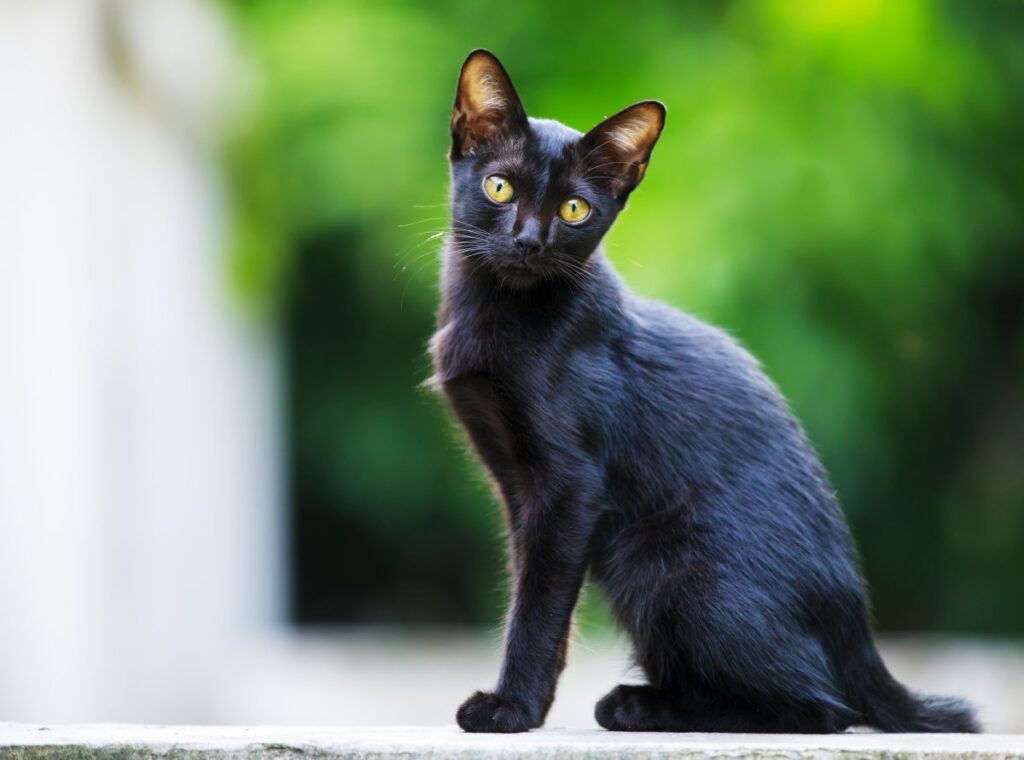
Weight Loss in an Adult Cat
An adult cat losing weight even when its diet is normal and well-balanced every day might indicate that it has a hormonal problem. This might be due to the overproduction of the hormone called the thyroid. In this case, your adult cat needs to be checked up by the vet just in case there is something serious, and so it can check for Cat Hyperthyroidism.
The Clinical Signs of Cat Hyperthyroidism
Cats afflicted with Cat Hyperthyroidism might show subtle signs of it at first. However, these varied symptoms aren’t easy to identify when they are subtle. However, even if they are subtle, they tend to develop into severe ones as the disease progresses further.
Cat Hyperthyroidism’s most common clinical signs are weight loss and increased appetite. An increase also follows it in thirst and urination. Cat Hyperthyroidism can also lead to vomiting, diarrhea, and hyperactivity. The cats that have Hyperthyroidism tend to appear physically unkempt and greasy.

The Diagnosis of Cat Hyperthyroidism
If a vet suspects that the cat has a thyroid problem, there is a likely physical examination to be conducted and palpating the cat’s neck area. This is done to check if the thyroid gland is enlarged.
The cat’s blood pressure and heart rate are also reviewed. The vet will probably analyze the thyroid hormone levels and a blood chemistry panel if the thyroid disease is likely.
When cats have Hyperthyroidism, their thyroid hormone levels tend to be elevated in the bloodstream. However, small percentages of cats with cat Hyperthyroidismhave a T4 level within the normal range. It is essential to know that if a cat doesn’t have elevated T4 levels, the vet might still suspect cat Hyperthyroidism until additional tests are done.
This is because Cat Hyperthyroidism can lead to other diseases as well. It is hard to point out if a cat has Hyperthyroidism or not. Hence, a general health evaluation is also conducted, focusing on the heart and kidney.
Four Major Treatments of Cat Hyperthyroidism
Mainly, there is four treatments option for Cat Hyperthyroidism. This includes medications, radioactive iodine therapy, surgery, and dietary therapy. Each treatment picked out for treating the cat Hyperthyroidism has advantages and disadvantages. However, the treatment chosen will depend on the cat’s condition and how severe the issue is. The vet first determines the cat’s overall health and checks its willingness to medicate.
Medication Treatment
It is important to note that medicating does not cure Cat Hyperthyroidism. The anti-thyroid drugs act as a medication for cats to reduce the thyroid hormone production from the thyroid gland. However, they act as a short-term or long-term control of Hyperthyroidism.
Medication has its advantages, e.g., they tend to be available from anywhere and are not exactly expensive compared to other treatments. However, cats might experience side effects of the medication, including vomiting, anemia, fever, anorexia, lethargy, and inactiveness. Your vet will adjust the dose if your cat’s treatment runs for a long time.
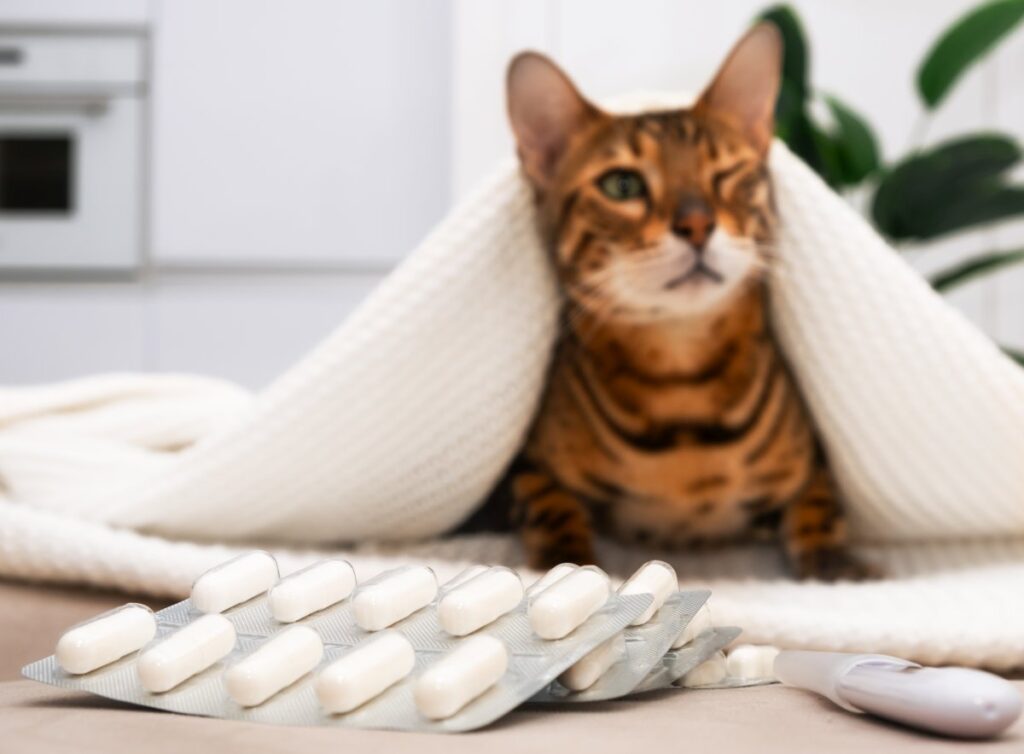
Radioactive Iodine Therapy Treatment
When radioactive iodine therapy is available, this is a treatment of choice for the cats that have been diagnosed with Cat Hyperthyroidism. The radioactive iodine is administered as an injection during the treatment because it is rapidly absorbed into the bloodstream.
The major advantages of radioactive iodine therapy for Cat Hyperthyroidism are that the procedure cures Hyperthyroidism, and there are no serious side effects the cat might face. There is no requirement of anesthesia for it as well. Moreover, there is no radioactive risk to the cat. Still, there must be preventive measures taken by anyone coming close to the cat.
Surgery Treatment
This treatment of Cat Hyperthyroidism includes removal of the thyroid glands. This is called surgical thyroidectomy. It is a straightforward procedure that has high success rates. The advantage of this surgery is that it might be long-term or even a permanent cure in most cats. There is no need for long-term medication for the cats anymore. The surgery requires anesthesia. Except for the fact that it has its benefits, there are a few drawbacks to it. Older cats have a risk, as their kidneys or hearts can start causing an issue. Moreover, there might be permanent damage to the parathyroid glands close to the thyroid glands.
Dietary Therapy Treatment
Most of the studies conducted say that cats experiencing Hyperthyroidism need to limit their amount of iodine in the diet. This needs to be done by the cat’s parents. This is one of the best choices which can be made, especially if the cat isn’t at a serious stage of Cat Hyperthyroidism.
This is a good step for Cat Hyperthyroidism and lessening its risks of increasing. However, there are risks to this treatment, as long-term restriction of iodine might cause general health issues and worsen Hyperthyroidism. Research for this treatment is still ongoing.
Conclusion
Conclusively, Cat Hyperthyroidism is one of the diseases which are caused due to the expansion of the thyroid glands and an increase in levels of the thyroid hormones. It is important to know that Cat Hyperthyroidism can lead to many other issues and diseases. We recommend consulting the vet at the first sign of abnormal or unusual behavior.

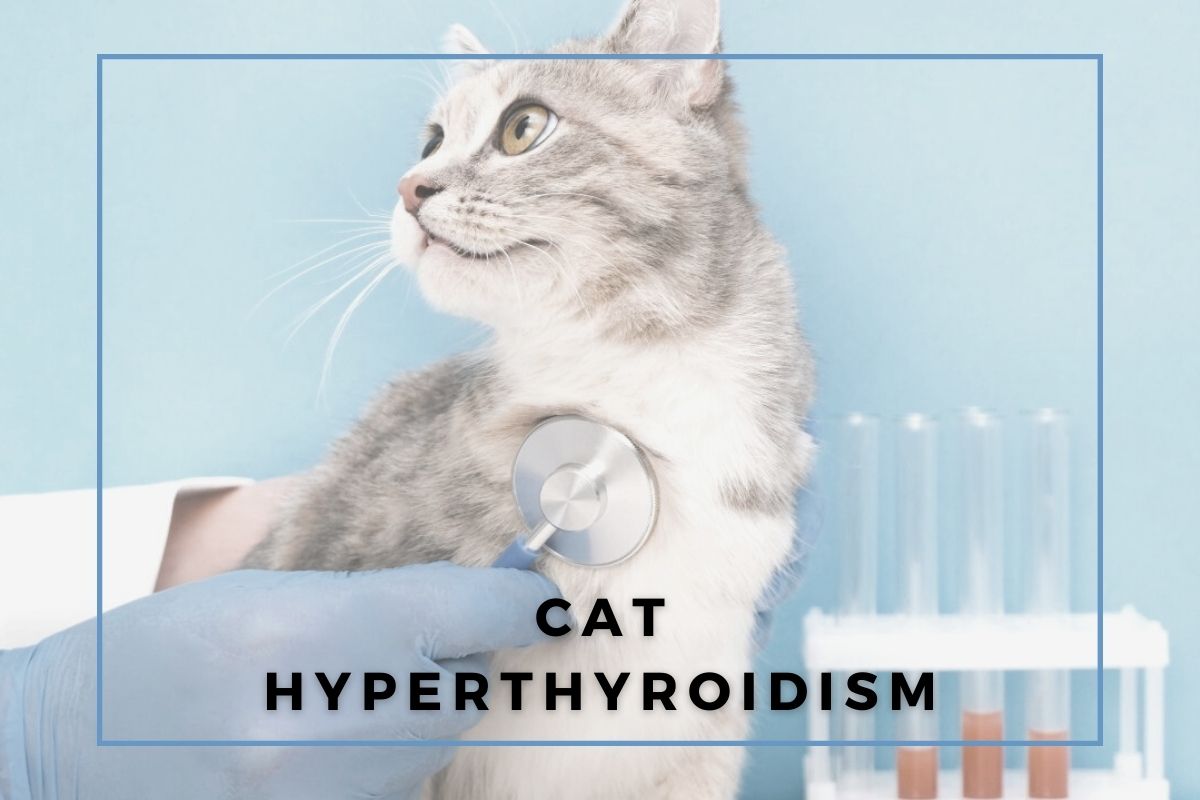
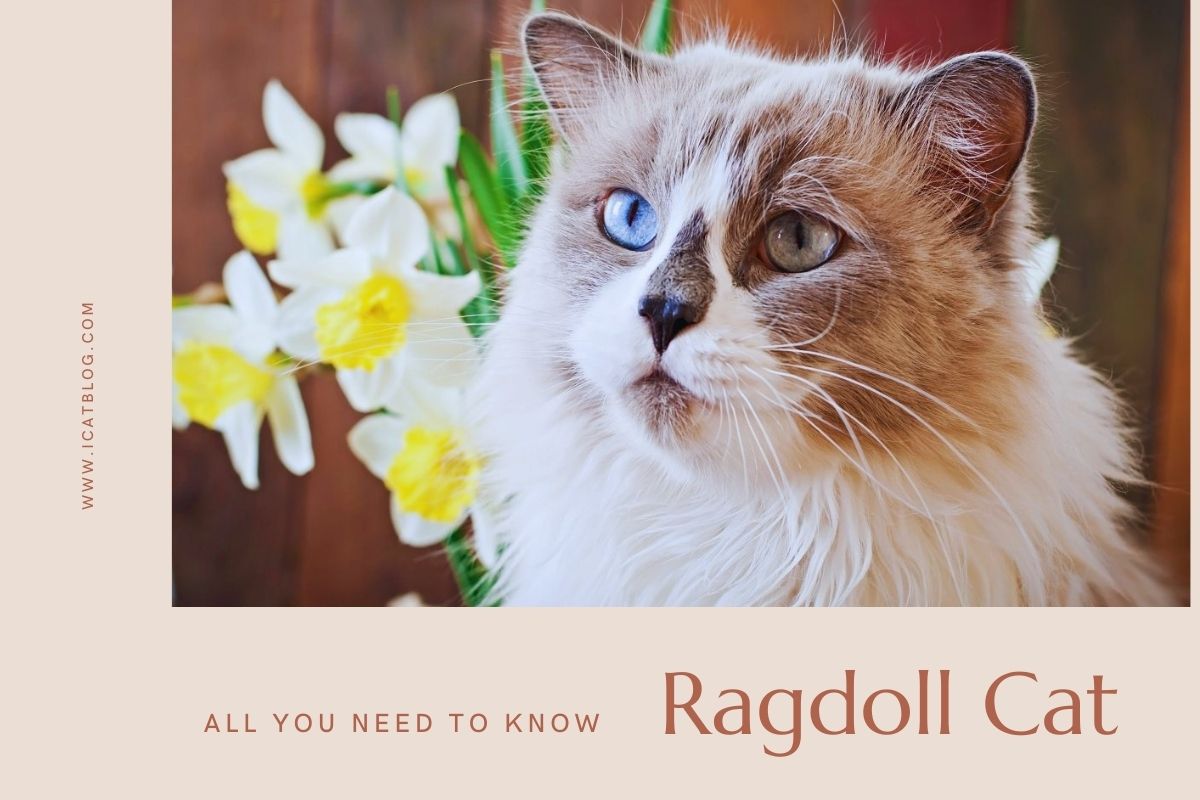

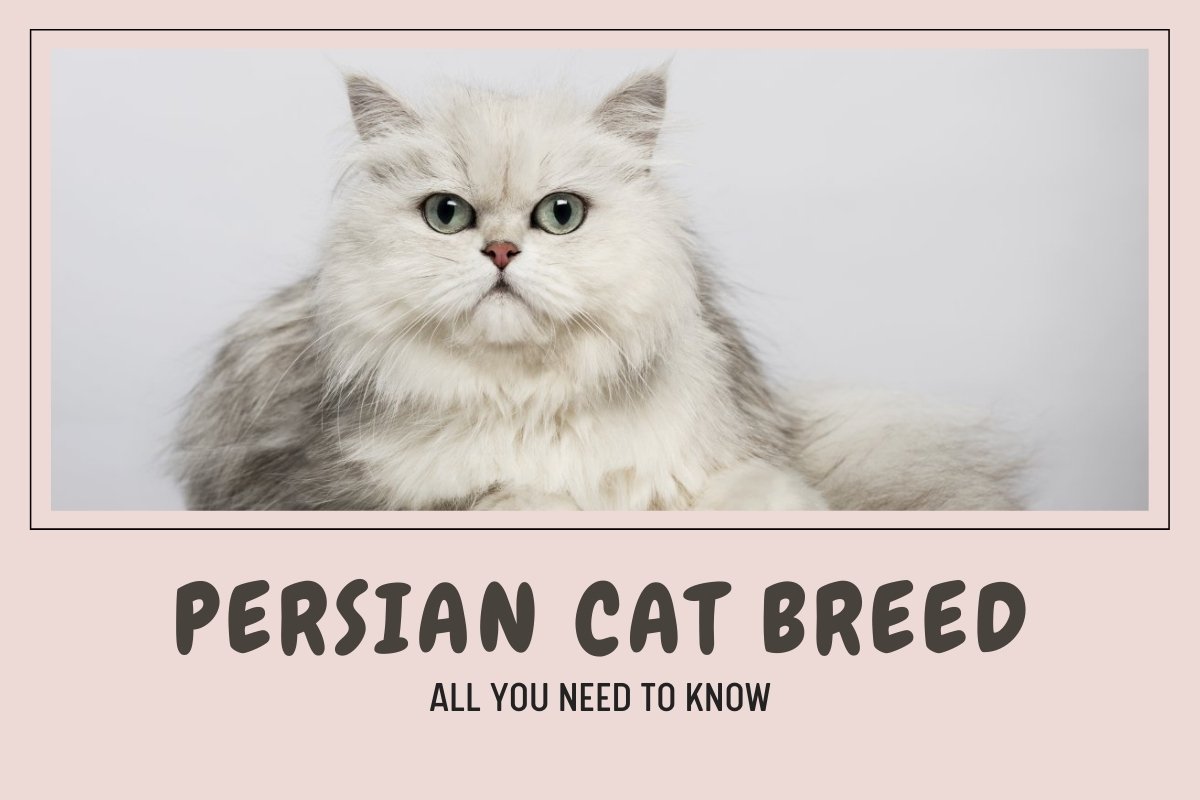
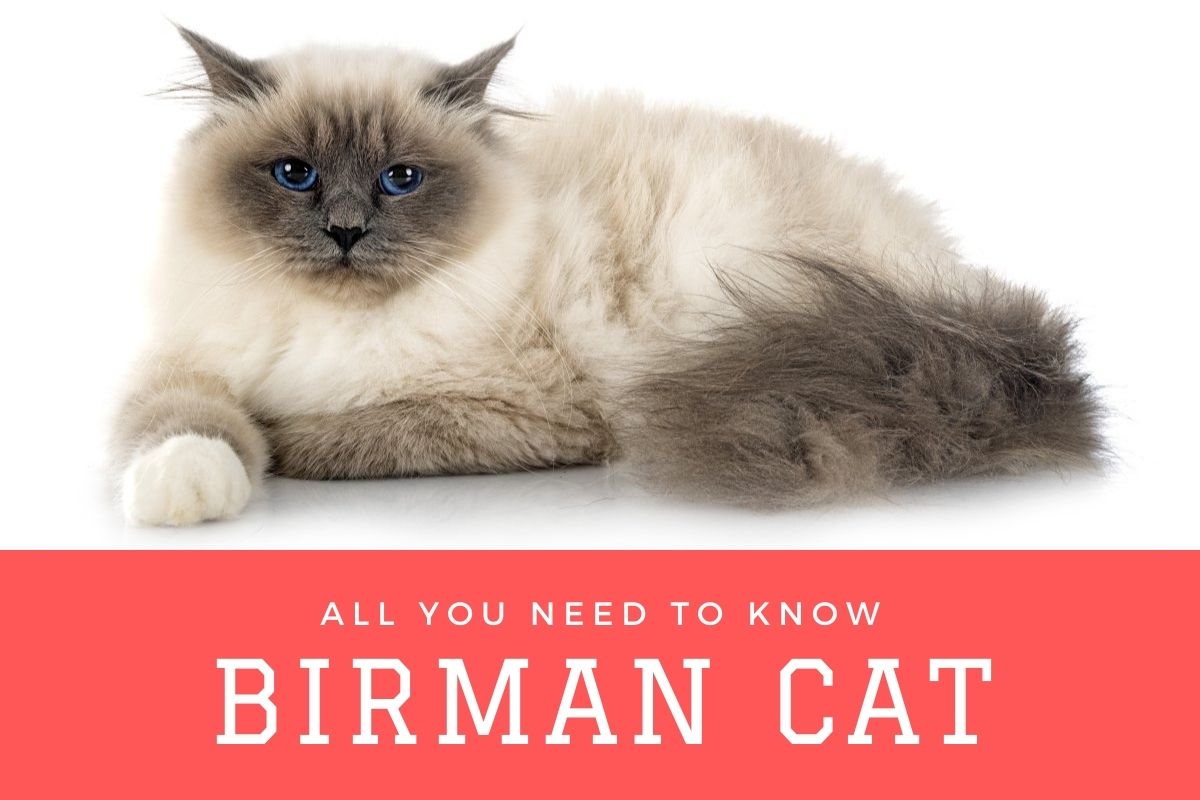
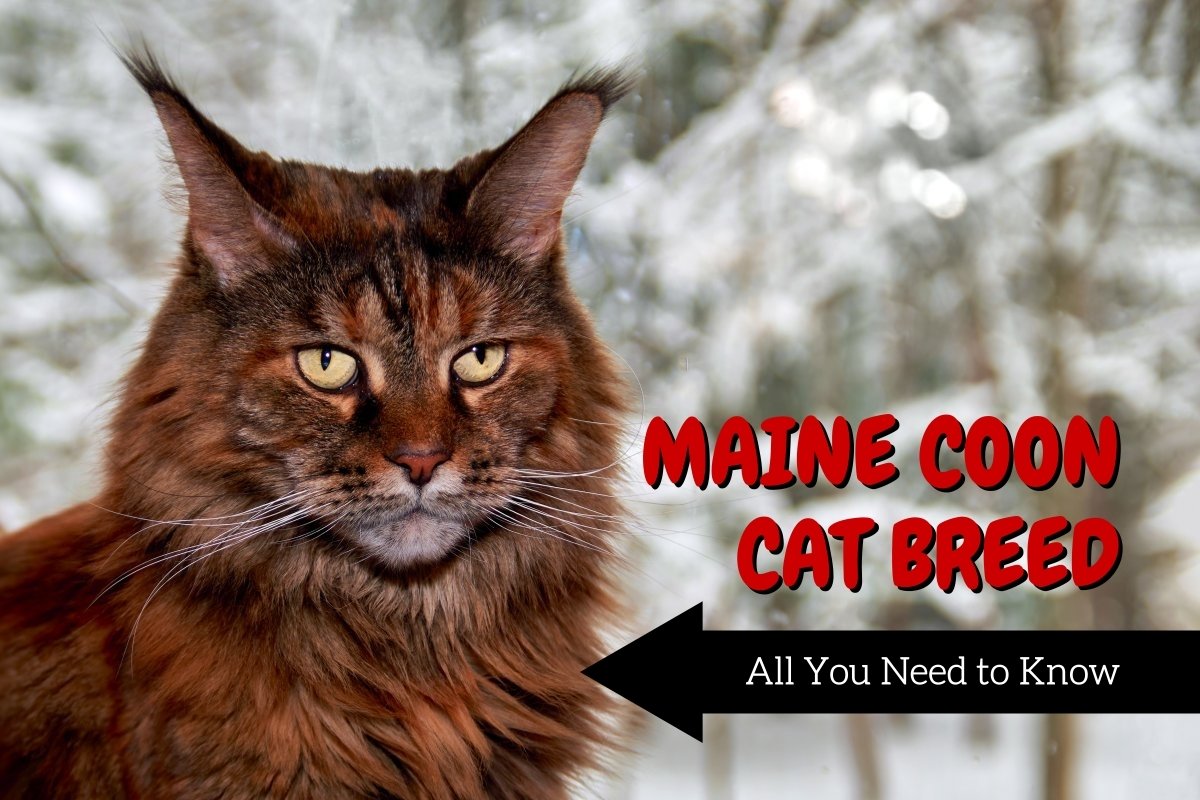
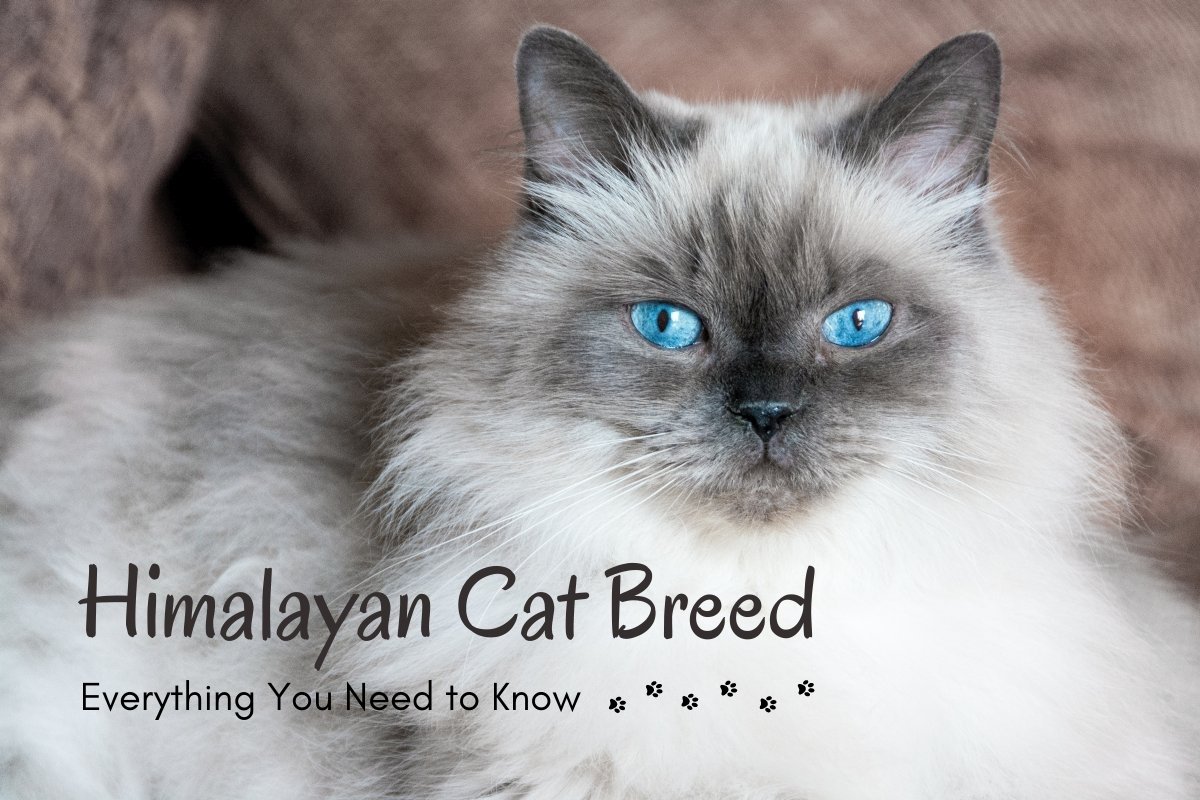
4 comments